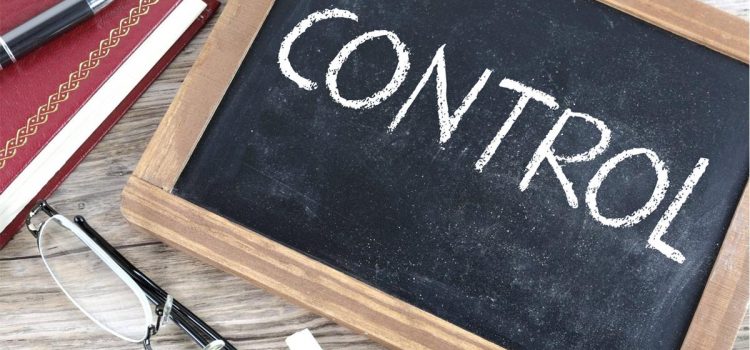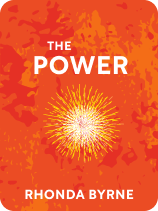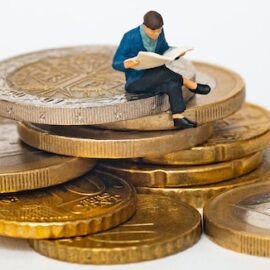

This article is an excerpt from the Shortform book guide to "The Power" by Rhonda Byrne. Shortform has the world's best summaries and analyses of books you should be reading.
Like this article? Sign up for a free trial here .
What does the phrase “act, don’t react” mean? How can you take control instead of reacting impulsively to every life event?
“Act, don’t react” means you don’t let life circumstances control your feelings, instead, you take charge of your actions by responding thoughtfully to each event. You take control by harnessing the force of love to put you on a positive frequency.
Read on to discover why “act, don’t react’ is a principle you should live by.
Act, Don’t React
When you hand over control of your feelings to life’s circumstances, you move through life on autopilot reacting without thought. If positive things happen, you have a positive response and vice versa. If you simply react to life, you’ll become trapped on an emotional rollercoaster that never stops—you just go round and round through the highs and lows.
What you don’t realize is that when you plummet into negativity, you’re not guaranteed an upswing around the corner. You drag more negativity into your life, and down and down you go.
You might think, “Well, it’s natural to feel bad about forking over half your savings when your car breaks down,” and you’d be right. But your negative focus on how much money you’re losing is putting you on the frequency of losing money. The law of attraction has no choice but to bring you more circumstances that deplete your savings.
You have the power to change your circumstances by changing your actions and reactions. It doesn’t matter how you’ve approached life circumstances in the past, from now on, act,, don’t react. Change your feelings today to get on a positive frequency and erase the past.
Another Problem With Reacting
When you stay on the rollercoaster of reactions and you don’t apply the principle of act, don’t react, you cut positive frequencies off at the knees. Even if you’re happy most of the time, the rate at which your reactions come and go doesn’t allow the power of your positivity to come through. You can feel happy about many things, but if you don’t hold that happiness and feel it deeply, you can’t reach the level of love. If you don’t reach the level of love, you don’t give the love frequency enough time to connect with other positive frequencies.
This is where the difference between thinking and feeling comes in. You can think, “I am happy to have received a raise today,” but if your next thought is, “I’m hungry,” the love for your raise dissipates. Worse, if you feel the love in one moment and then react negatively a moment later, you’ve wiped out the positive frequency:
- You give love by visiting with a close friend but stop giving love when you get a flat tire after leaving.
- You give love by tucking your child in at night but stop giving love when something on the news upsets you.
- You feel love about an upcoming road trip but stop feeling love when you get a bill.
You either give love and harness its power throughout the day or stop giving love and diminish its force. There is no middle ground. The force of love does not care about why you couldn’t give love. Justifications for negativity only focus your attention on negativity. By now, you know what that means.
Blaming others for your negativity doesn’t work either. Your energy is giving out blame, and all you’ll get back is blame. Circumstances or events that elicit blame in your life will continue, even if it’s not the same situation that started the blame cycle.
The same is true for criticism, hate, complaints, and all other negative emotions or reactions. When you give these negative thoughts or feelings power, they send a lack of love frequency to the universe. To apply the “act, don’t react” principle, remove words like gross, awful, horrible, and vile from your vocabulary. You can’t say these words without eliciting a strong emotional response.
The consequences of good and bad frequencies are likely not obvious. But think about times when you were on a lucky streak or had a run of bad luck. What preceded them? Did you give love by helping a neighbor carry her groceries and then receive a bigger tax refund than expected? Did you complain about your boss and then have your nanny quit? Look for the chain of reactions of good and bad to see how each frequency led to more of the same.

———End of Preview———
Like what you just read? Read the rest of the world's best book summary and analysis of Rhonda Byrne's "The Power" at Shortform .
Here's what you'll find in our full The Power summary :
- How you can have whatever you want in life simply by feeling love for it
- How to form a lasting and powerful relationship with the universe
- Tips for harnessing the power of the force of love






